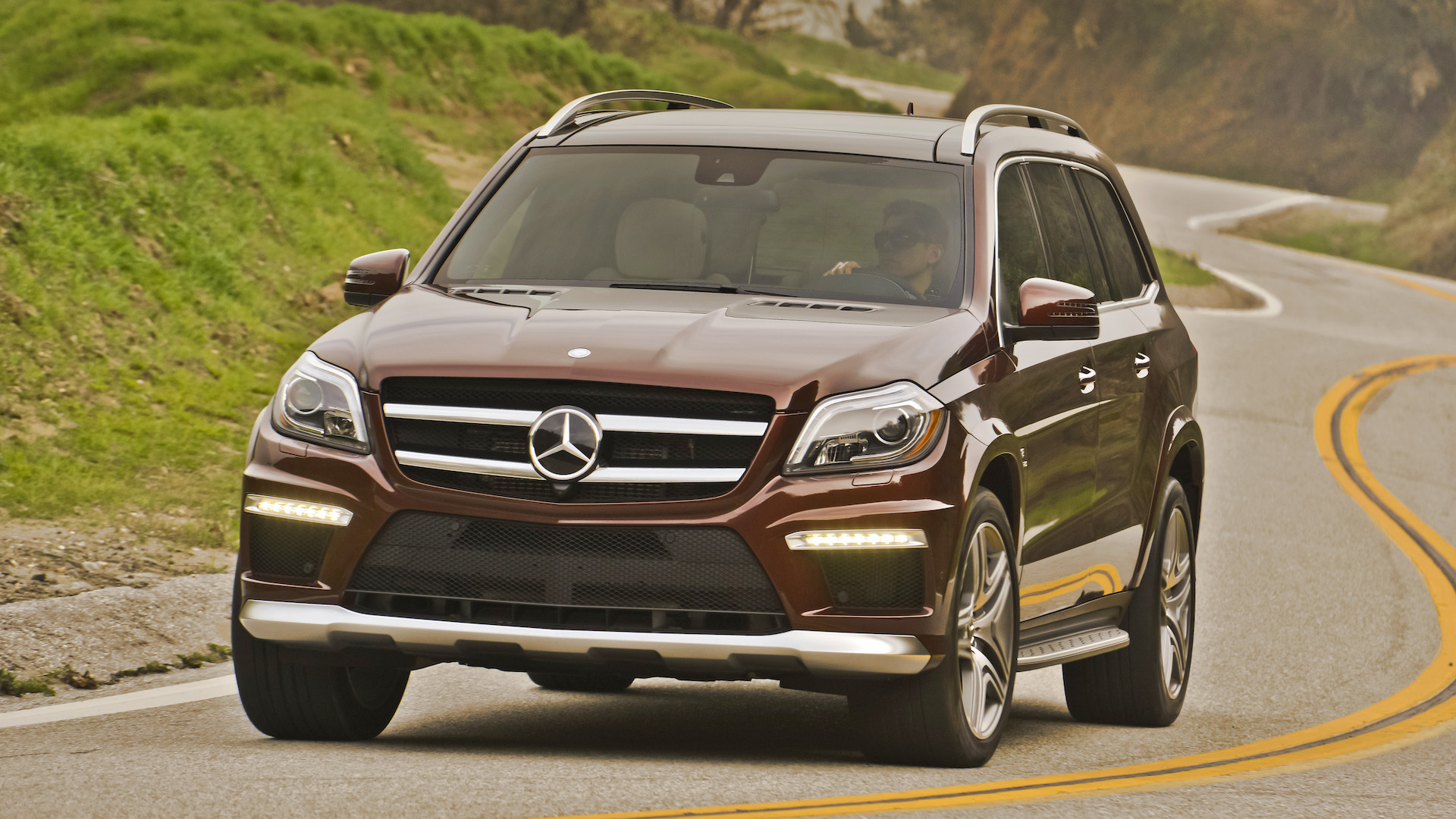

Mercedes-Benz will be contacting nearly 300,000 customers in the U.S. for a safety recall to make repairs to brakes on ML, GL and R-Class cars, the automaker announced this month.
Mercedes says it has identified an issue with a rubber sleeve that protects the brake booster that might let moisture in, which can lead to rusting and corrosion. Mercedes says if corrosion were serious enough, there could be total brake failure on the cars through a loss of connection between the pedal and the brake. Beyond the extremities of the situation, there’s a concern that generally braking performance could be affected.
Globally, the issue affects 2004-2015 cars, but only for 2006-2012 models sold in the U.S. Federal safety officials from the NHTSA recommended owners of affected vehicles stop driving those cars until the fix is performed.
The Drive reached out to Mercedes, who confirmed that owners should stop driving until the recall work is done:
“As part of our commitment to customer safety, MBUSA will conduct a voluntary recall of approximately 292,287 ML-, GL- and R-Class vehicles produced for the 2006-2012 model year period.
We are advising affected customers to stop driving their vehicles. MBUSA will also offer complimentary towing to owners of affected vehicles to attend the workshop.
The workshop will remove the rubber brake booster sleeve, inspect the brake booster housing and replace parts as required. In the event a repair would be necessary and cannot be carried out immediately, an authorized Mercedes-Benz dealer will help coordinate an individual solution for the customer, including alternate mobility.
Customers may contact 1 (888) 548-8514 for additional information about their vehicle.”
It goes without saying that you need your brakes to work, so if your car might be one of the ones involved this is definitely important to check as soon as possible. It might be a no worries check-in where there’s no need for any work to be done but that’s a lot better than a brake failure.
Got a story tip? Mail it in to tips@thedrive.com